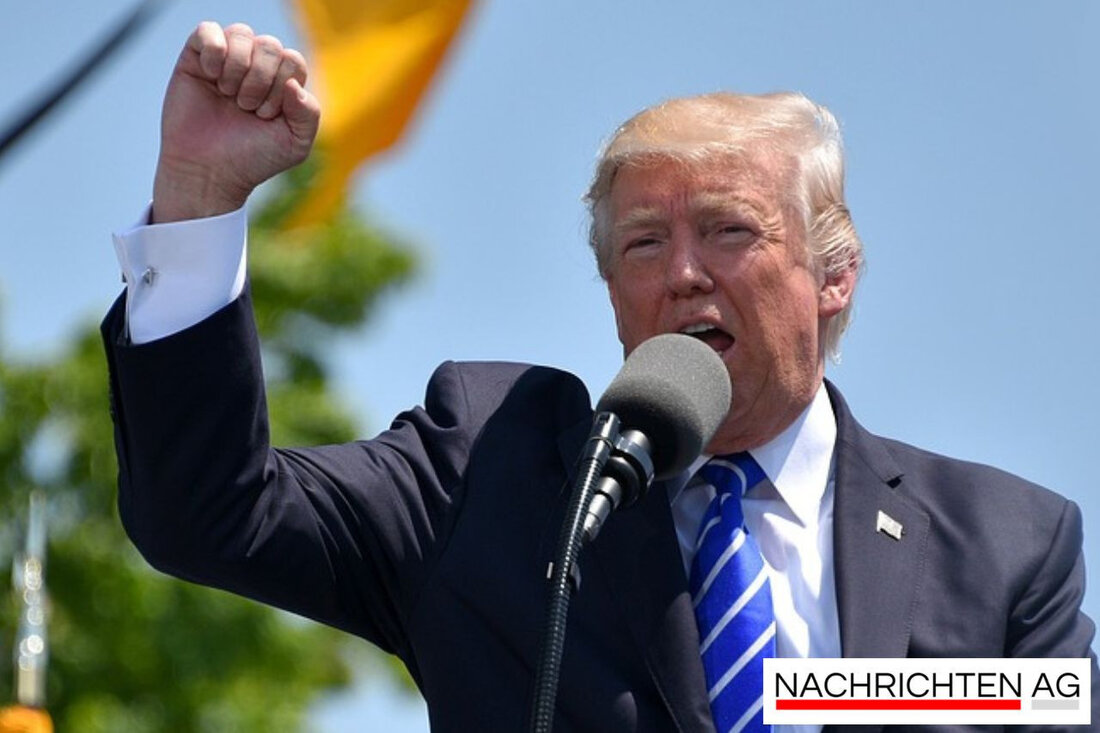Trump accuses South Africa of genocide: Ramaphosa counters!
US President Trump makes unsubstantiated allegations of genocide against white farmers in South Africa during Cyril Ramaphosa's visit.

Trump accuses South Africa of genocide: Ramaphosa counters!
South African President Cyril Ramaphosa's visit to the White House on May 22, 2025 was overshadowed by massive tensions and unsubstantiated allegations from US President Donald Trump. Trump spoke during the meeting of an alleged "genocide" against white farmers in South Africa, an accusation that was vehemently denied by the South African government. Ramaphosa tried to ease the atmosphere and strengthen bilateral ties while Trump continued to insist on his position.
During the conversation in the Oval Office, Trump presented video footage that he said showed graves, calling it a "terrible sight." Ramaphosa confronted Trump with demands to clarify the origin of these recordings and dismissed the allegations behind the presentation. In fact, Ramaphosa stressed the need to openly discuss issues between partners and not distort the reality of the situation. The discussion about discrimination against white minorities in South Africa, particularly the Afrikaners, has been criticized by experts as misleading.
Reactions to Trump's allegations
The South African government has taken a strong stance against the allegations, describing them as part of a disinformation campaign. Foreign Minister Ronald Lamola pointed out that crime in South Africa affects all population groups and that there is no specific persecution of white South Africans based on their race. Political scientist Susan Booysen highlighted the persistent inequality in South Africa, which results from the apartheid era, and which urgently needs to be addressed.
Additionally, the U.S. government is facing refugee resettlement issues after granting asylum status to a group of white South Africans. This decision was heavily criticized by Trump's earlier suspension of the US refugee program. Trump had previously frozen financial aid for South Africa in January and February and encouraged the settlement of white farmers in the USA. Despite this tense situation, almost 70,000 interested parties had inquired about the conditions for leaving the country, but no further departure flight had been planned so far.
G20 summit and future relations
Despite the provocative statements, Trump is interested in attending the G20 summit in South Africa, which is scheduled to take place in November. This comes at a time when preparations for the meeting between Trump's foreign minister and finance minister and their G20 counterparts in South Africa have already been canceled. Ramaphosa praised efforts to resolve relations and brought Trump a gift of a book about South African golf courses.
Diplomatic exchanges between the two countries remain tense, but Ramaphosa hopes that a constructive dialogue is possible. “We need to discuss the problems we have and find solutions,” Ramaphosa said during the meeting at the White House. However, how relations will develop over time remains to be seen, especially given the borderline rhetoric surrounding the situation in South Africa.
Overall, the situation provides a fascinating insight into the complex relationship between the United States and South Africa, which is shaped by both historical and contemporary issues. Trump's allegations and the South African government's response reflect the challenges associated with understanding race and equality in today's global politics. Further developments are expected in the coming weeks, particularly with regard to the G20 summit.

 Suche
Suche
 Mein Konto
Mein Konto